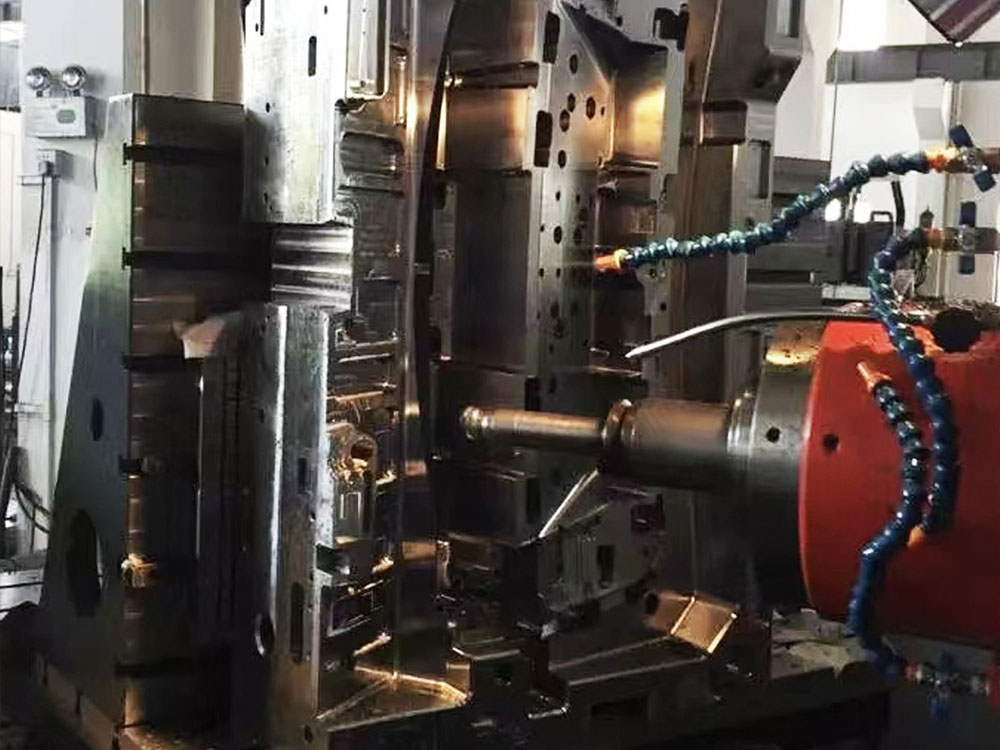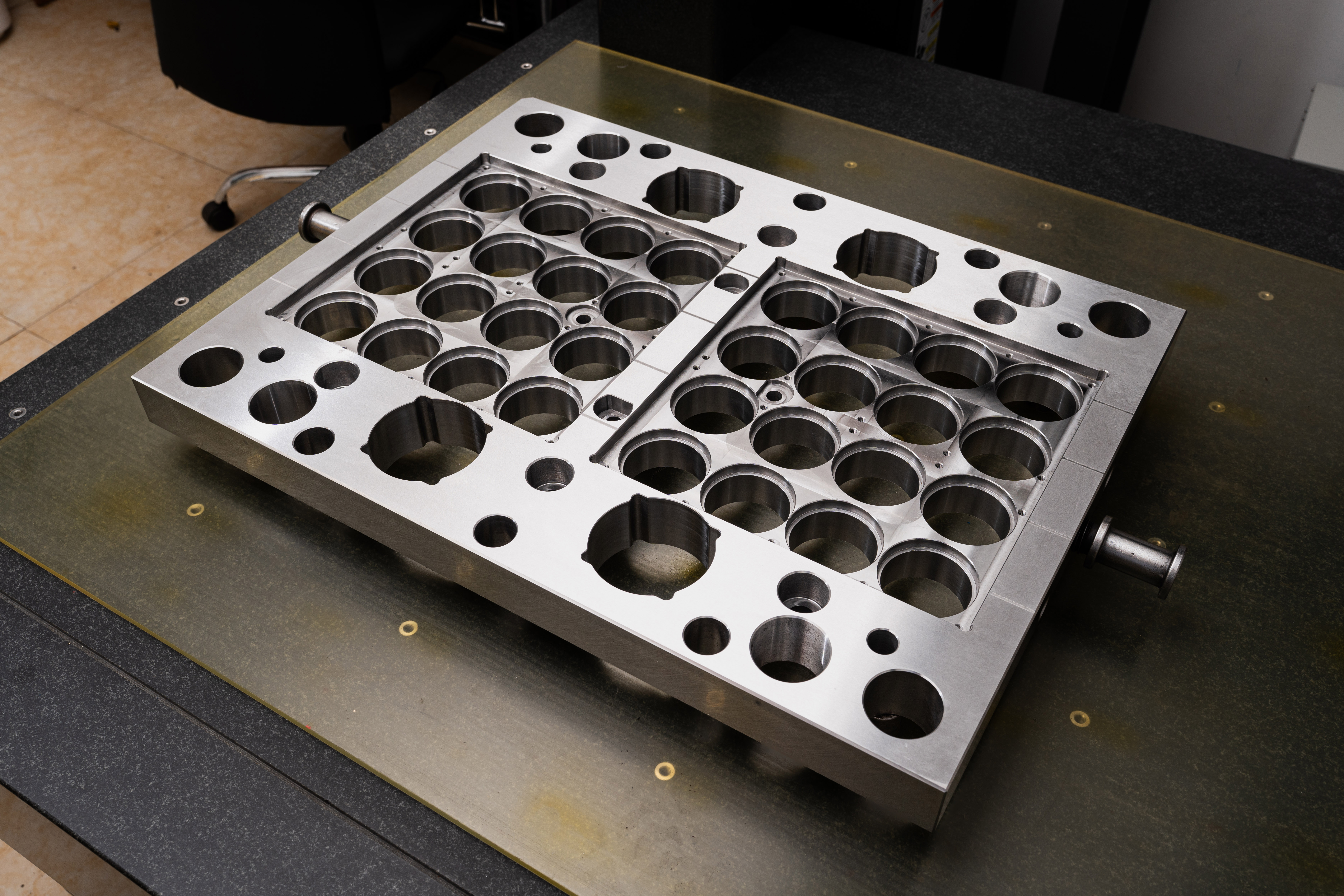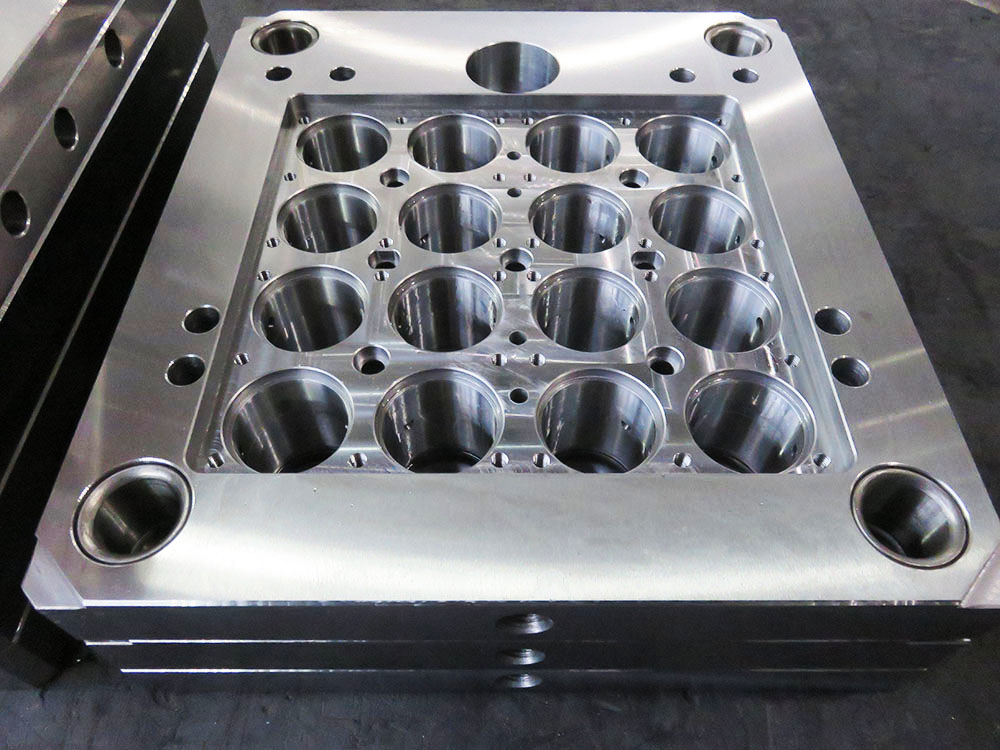Introduction to Mold Base Industry
Mold base industry plays a crucial role in the manufacturing sector, providing the foundation for creating molds used in various industries such as automotive, electronics, consumer goods, and many others. With the increasing complexity and demands in mold production, the use of frameworks has gained significant prominence. In this article, we will delve into the reasons for using frameworks in the mold base industry, showcasing their importance and benefits in achieving efficient and high-quality mold production.
Benefits of Using Frameworks in the Mold Base Industry
1. Standardization and Consistency: One of the primary reasons for using frameworks in the mold base industry is to ensure standardization and consistency. Frameworks provide a set of predefined guidelines, rules, and templates, allowing manufacturers to follow a standardized approach throughout the mold production process. This consistency not only improves the quality of molds but also helps in reducing errors and minimizing rework, ultimately enhancing overall productivity.
2. Time and Cost Efficiency: Another significant advantage of using frameworks is the time and cost efficiency they bring to the mold base industry. With frameworks, manufacturers can leverage pre-established designs, libraries, and components, eliminating the need to start from scratch for each mold. This saves valuable time and reduces costs associated with designing and engineering mold bases. Additionally, frameworks often include optimized manufacturing processes that further enhance efficiency and reduce cycle times.
3. Improved Collaboration and Communication: Frameworks offer a standardized language and structure, which greatly facilitates collaboration and communication among various stakeholders involved in mold base production, including designers, engineers, and manufacturers. The use of common frameworks allows for seamless exchange of information, designs, and data between different teams, ensuring everyone is on the same page. This streamlines the workflow, minimizes errors, and enhances overall teamwork and productivity.
4. Scalability and Flexibility: Frameworks provide scalability and flexibility in the mold base industry. As molds become increasingly complex, frameworks allow manufacturers to adapt and evolve with changing requirements. These frameworks often incorporate modular designs, enabling quick customization and adjustments to meet specific needs. This scalability and flexibility contribute to improved adaptability to market trends and swift response to customer demands.
5. Quality Assurance and Risk Mitigation: In the mold base industry, maintaining quality and mitigating risks are of utmost importance. Frameworks provide standardized processes, procedures, and best practices, ensuring consistent quality across different molds. By adhering to these frameworks, manufacturers minimize the probability of faulty molds, thereby reducing the risk of product defects, recalls, and associated costs. This quality assurance significantly enhances customer satisfaction and brand reputation.




